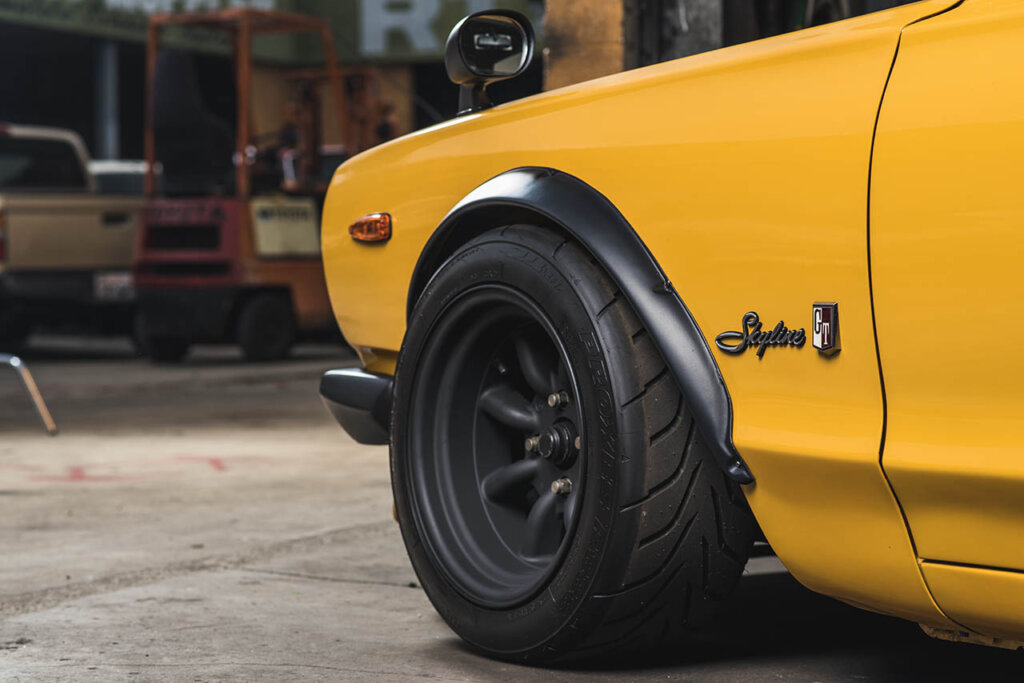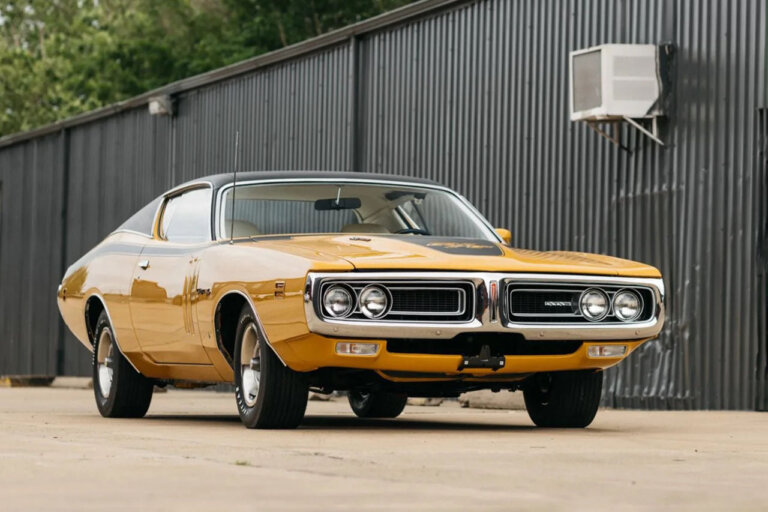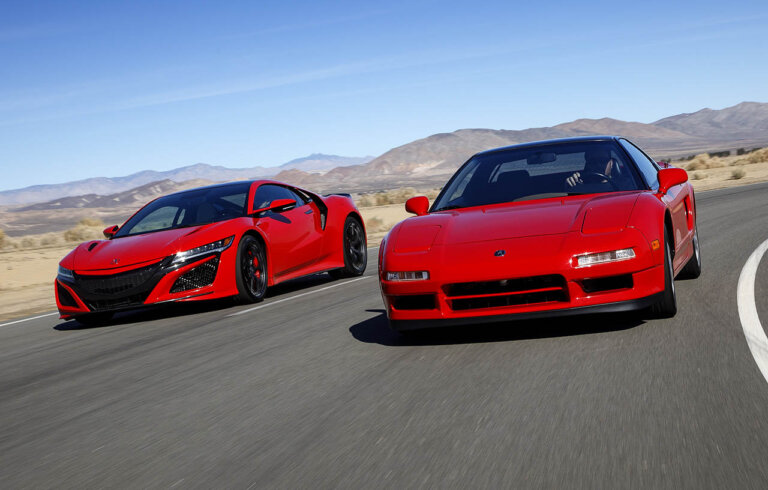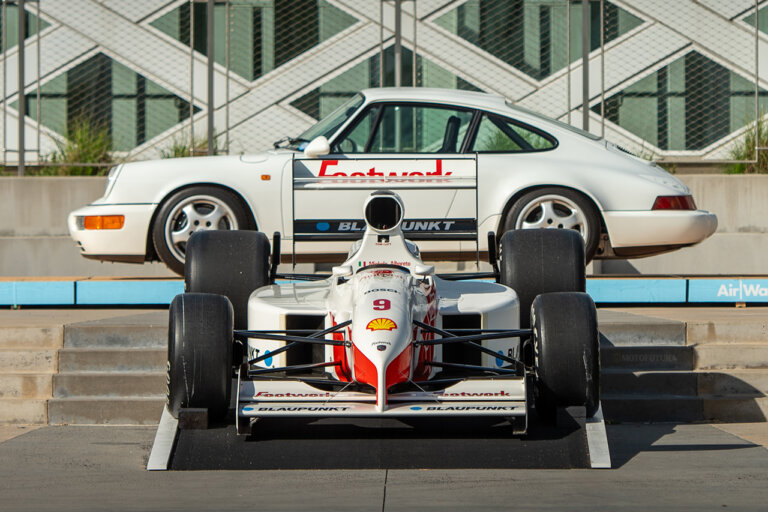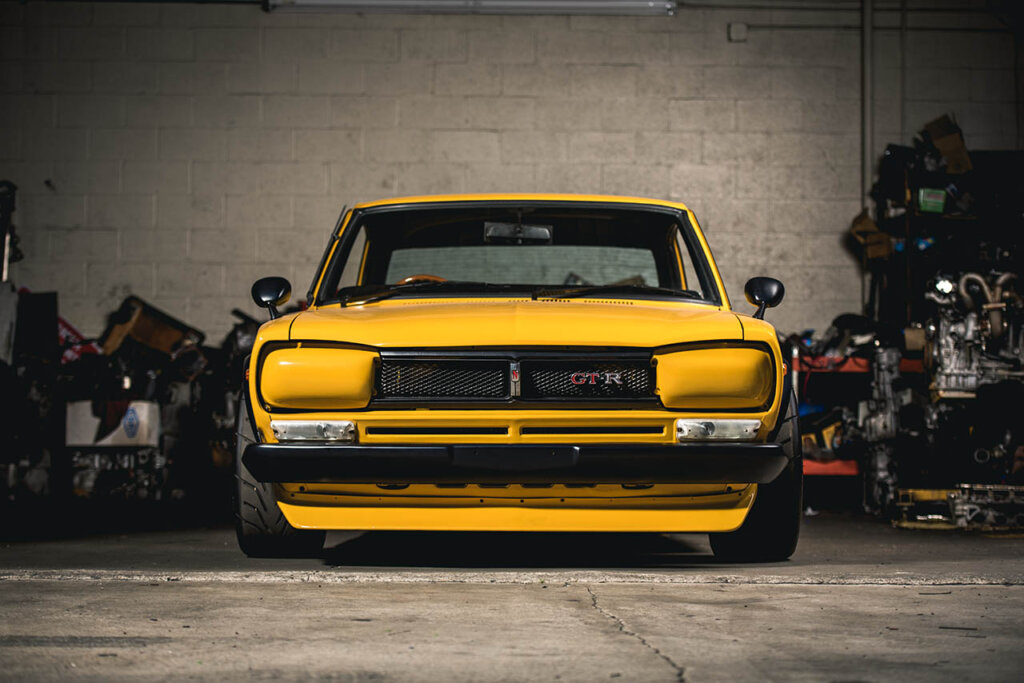
Source: Motofutura
In the realm of classic Japanese sports cars, few vehicles have attained the legendary status of the Hakosuka GT-R. Combining sleek aesthetics, groundbreaking technology, and impressive performance, the Hakosuka GT-R holds a special place in the hearts of automotive enthusiasts worldwide. Let’s take a journey through the captivating history of this iconic machine.
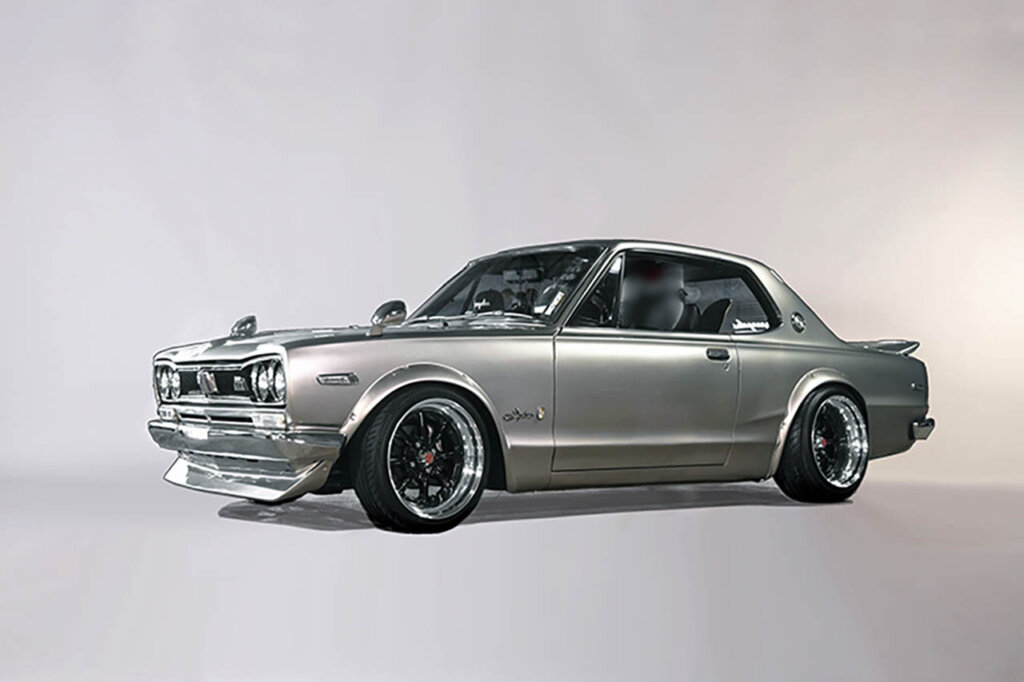
| Trim | Production | Engine | Power | Transmission | Drivetrain |
| Gen 1 | 1969 – 1972 | 2.0L S20 Inline-6 | 160 HP / 162 PS / 119 kW | 5-Speed Manual | RWD |
The term “Hakosuka” refers to the nickname given to the first-generation Skyline GT-R, which was produced from 1969 to 1972. The name itself translates to “boxy Skyline,” derived from the square-shaped design elements of the car’s body. The Hakosuka GT-R was an evolution of the original Skyline GT-R, a high-performance variant of Nissan’s Skyline sedan.
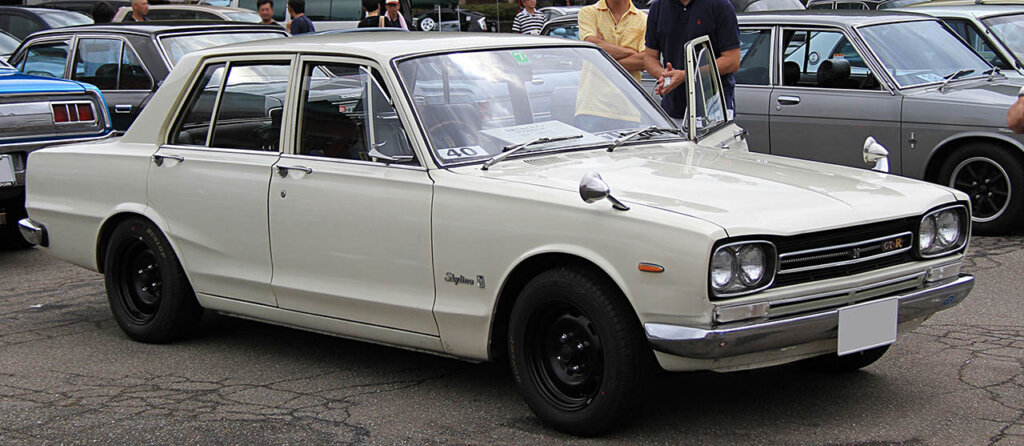
Source: Wikipedia
Introduced during an era when Japanese car manufacturers were establishing themselves on the global stage, the Hakosuka made an immediate impact with its distinctive appearance. The car featured a boxy and angular design, which was typical of the time, but it also boasted aggressive styling cues like flared wheel arches, a prominent front grille, and a rear spoiler. These design elements, combined with its muscular stance, gave it an unmistakable presence on the road.
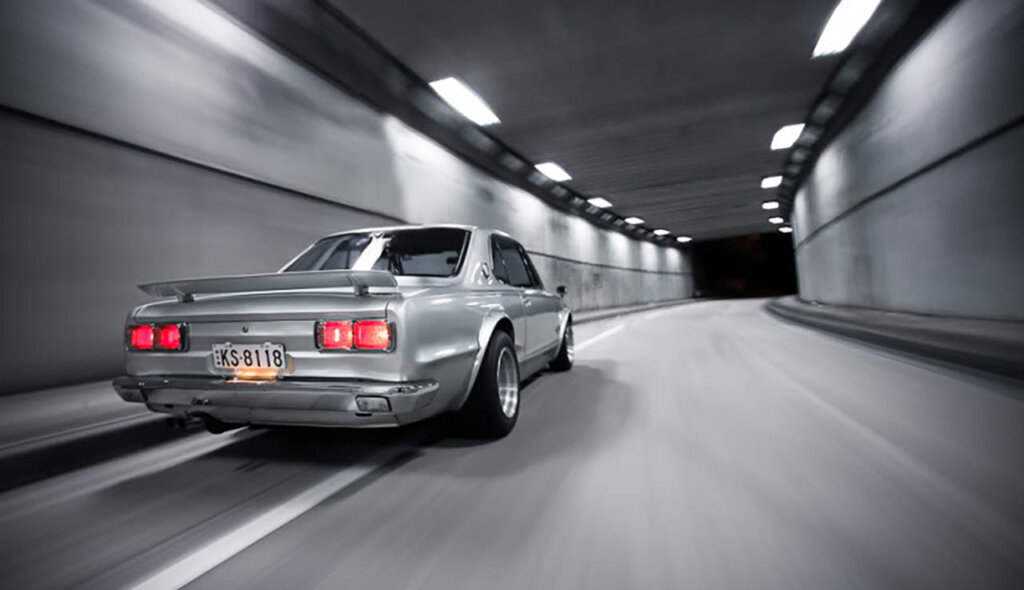
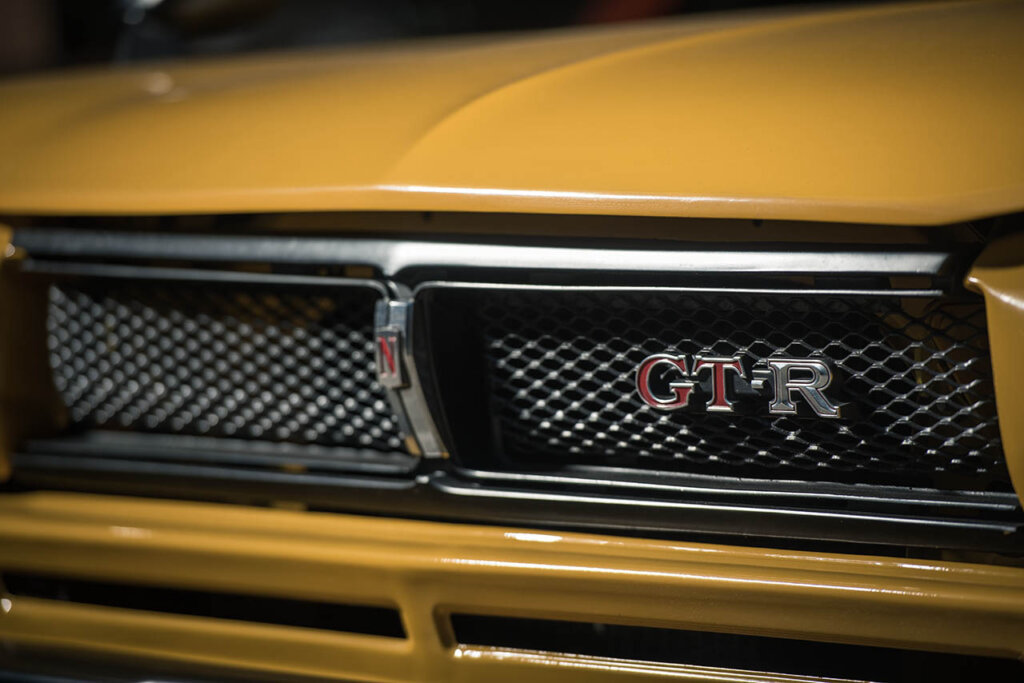
However, it was the performance capabilities of the Hakosuka GT-R that truly set it apart from its peers. Under the hood, the car featured a 2.0-liter inline-six engine equipped with dual overhead camshafts and a range of performance upgrades. This powerplant, known as the S20 engine, was derived from Nissan’s racing program and produced an impressive 160 horsepower, a substantial figure for its time. The engine’s high-revving nature and its ability to deliver power across the rev range made the Hakosuka GT-R a formidable force on both the streets and the racetrack.
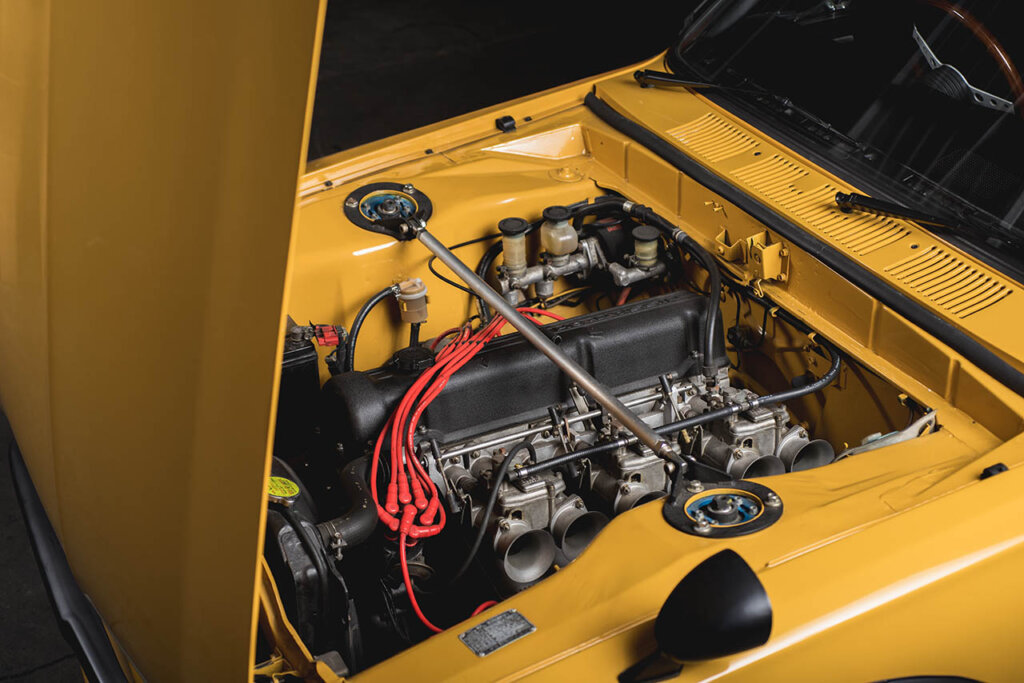
Source: Motofutura
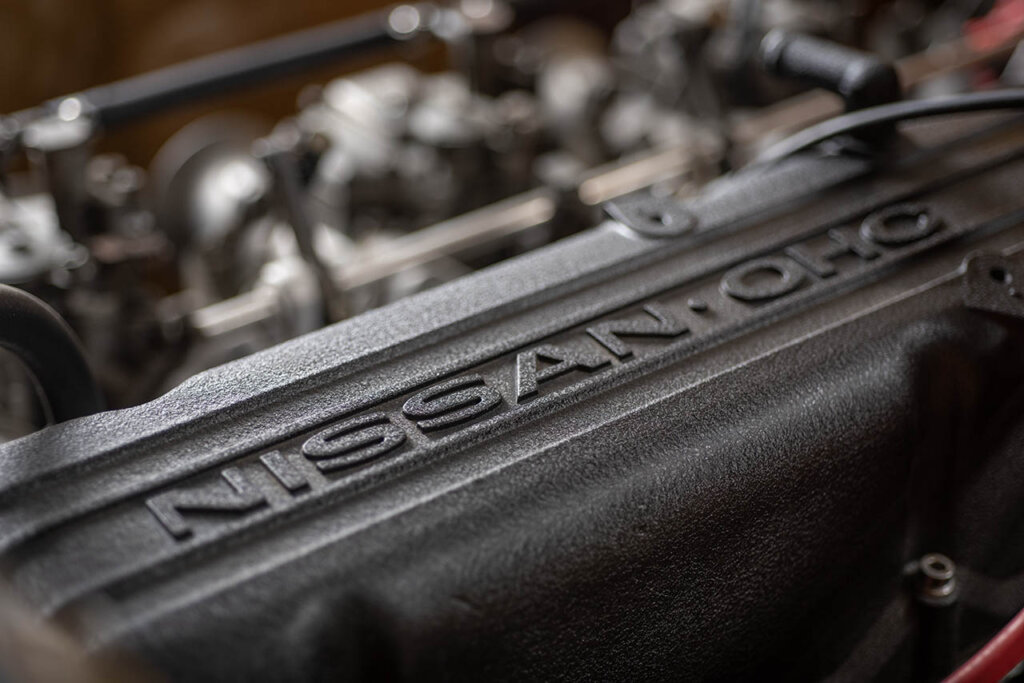
Speaking of the racetrack, the Hakosuka GT-R quickly gained a reputation for its dominance in motorsport. It achieved numerous victories in the Japanese touring car championship, solidifying its status as a true performance machine. The car’s success on the track further elevated its status among enthusiasts, who recognized its capabilities and racing pedigree.
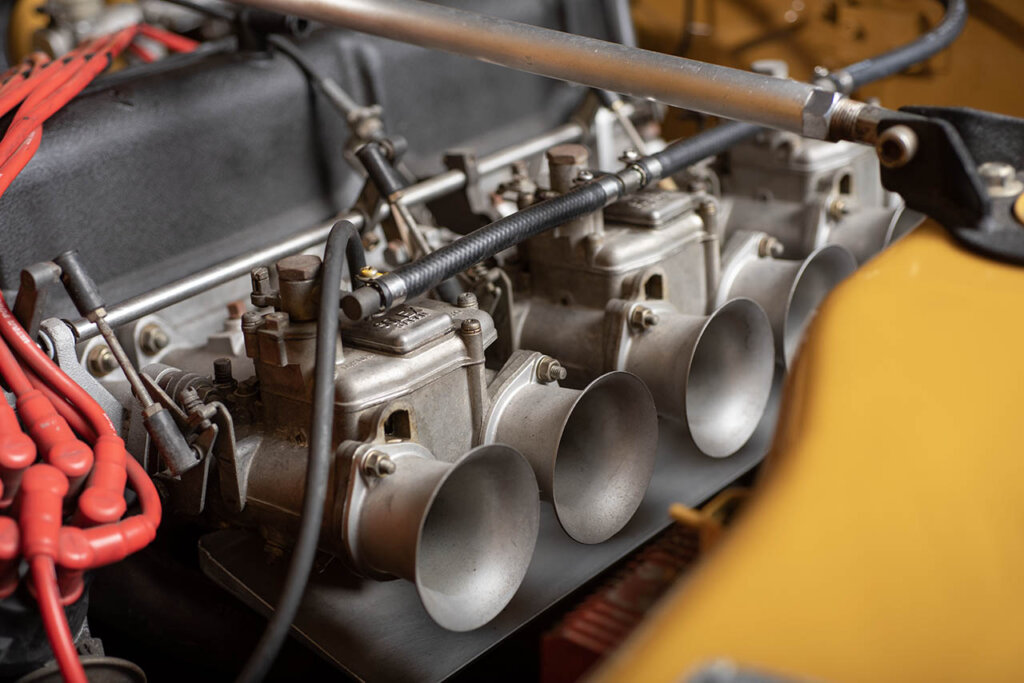
Unfortunately, its production was short-lived. Strict emission regulations and the global oil crisis of the early 1970s forced Nissan to discontinue the GT-R lineup temporarily. However, the car’s impact was far from ephemeral. Its influence can be seen in subsequent generations of the Skyline GT-R, which would go on to become one of the most revered sports cars in the world. Today, the Hakosuka GT-R remains a highly sought-after collector’s car. Its rarity, historical significance, and timeless design have made it an object of desire for automotive enthusiasts and collectors alike. Restored examples of the Hakosuka GT-R command significant prices in the classic car market, and they continue to be cherished for their unique blend of style, performance, and heritage.
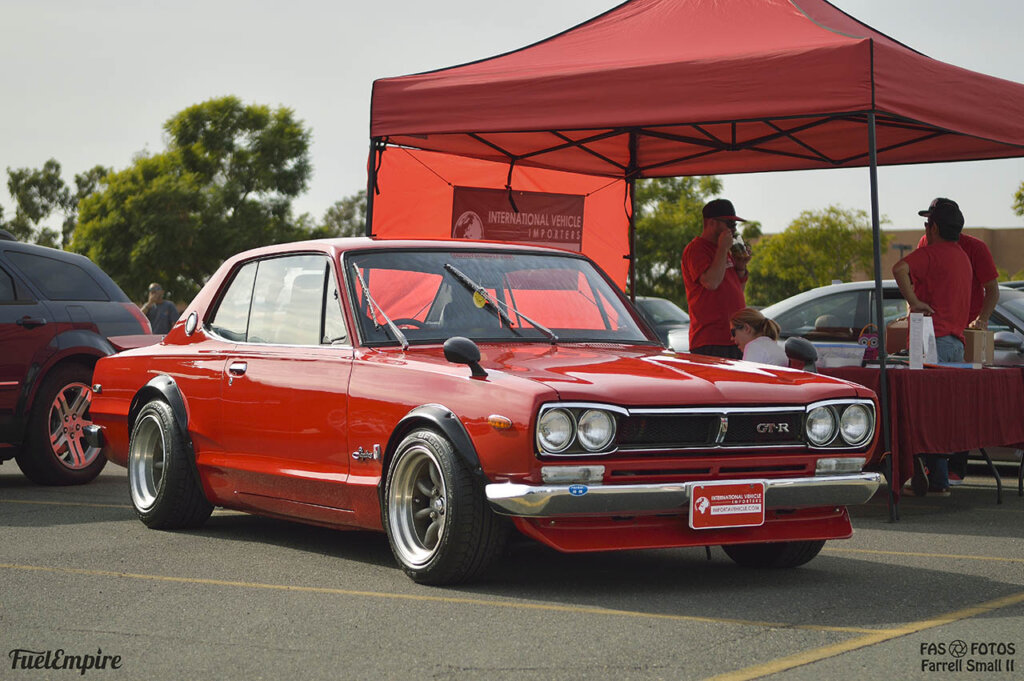
The Nissan Hakosuka GT-R stands as a testament to the innovation and passion of Japanese automotive engineering. Its striking appearance, exhilarating performance, and remarkable success on the racetrack have solidified its place in automotive history. As the years pass, the legend of the Hakosuka continues to captivate and inspire new generations of car enthusiasts, ensuring that its legacy will endure for years to come.
